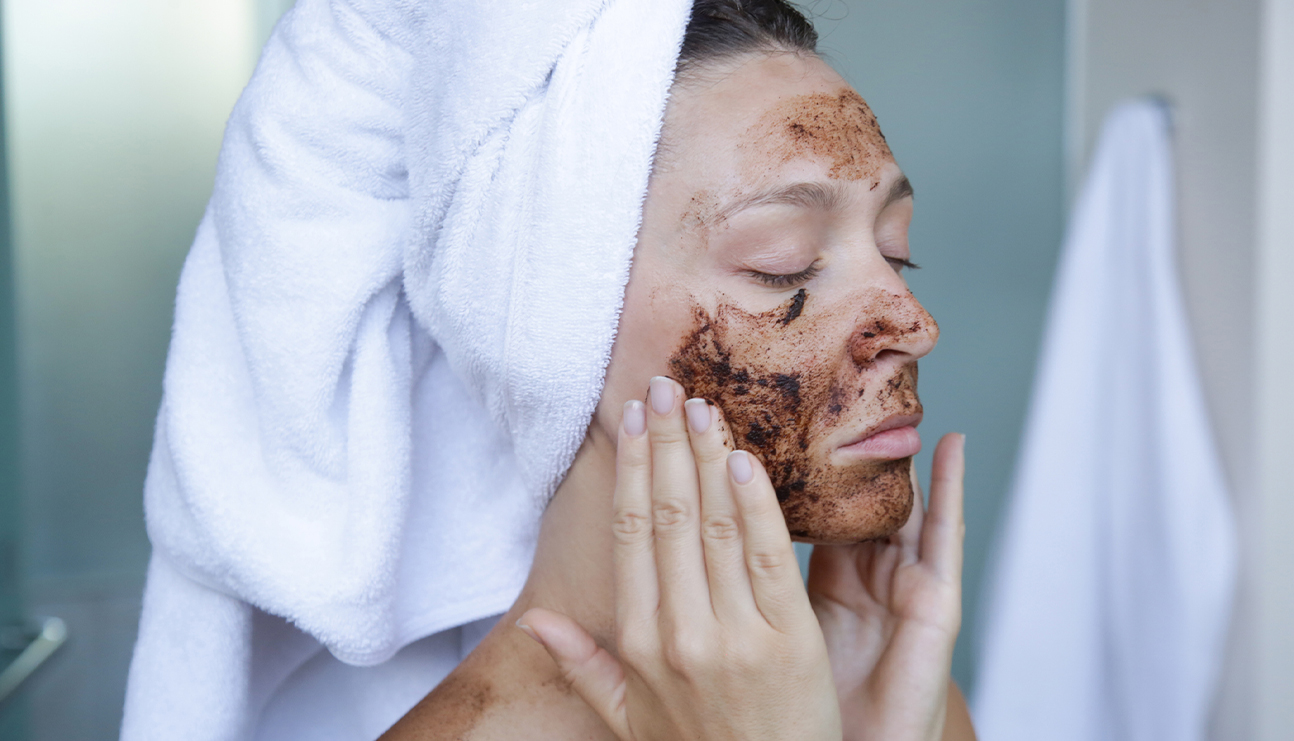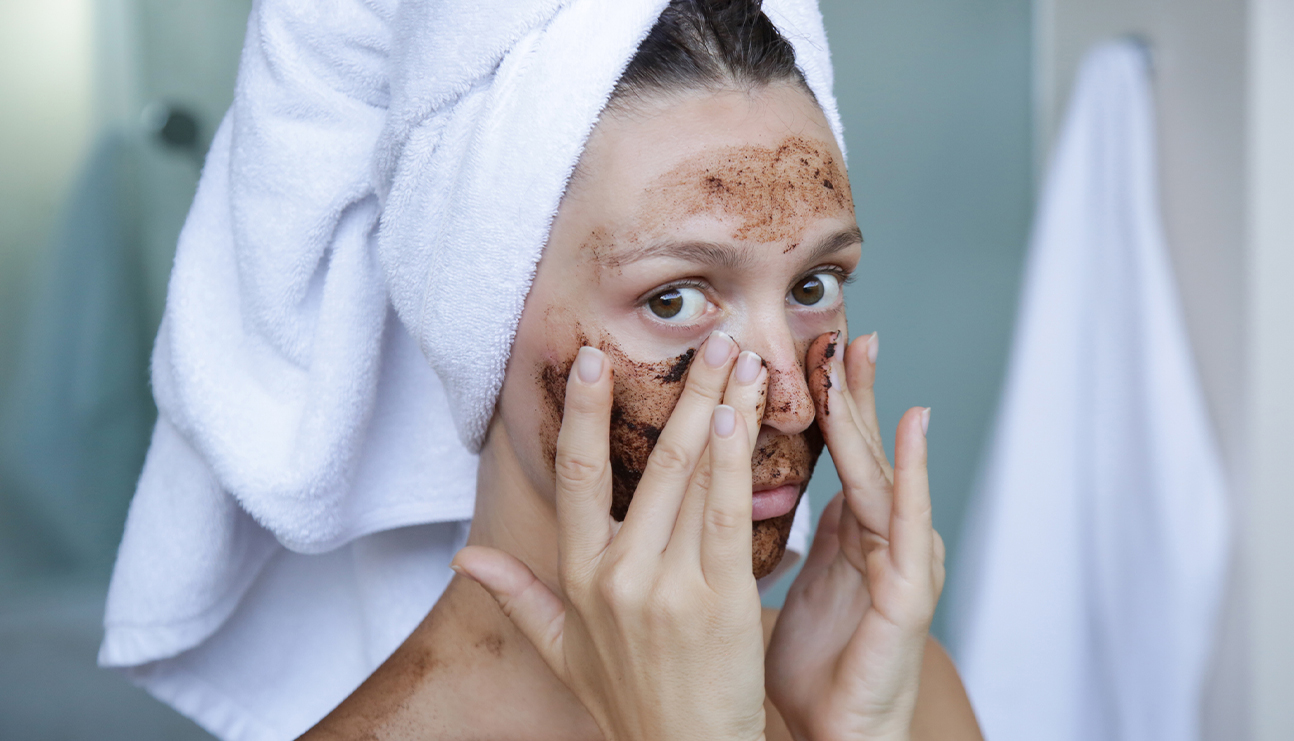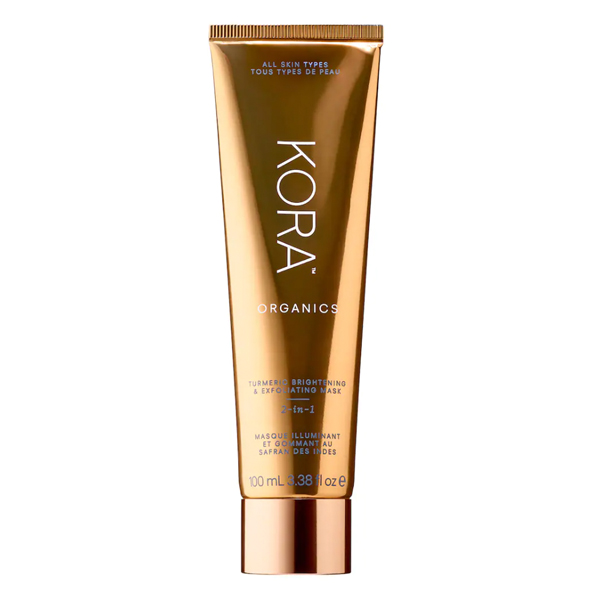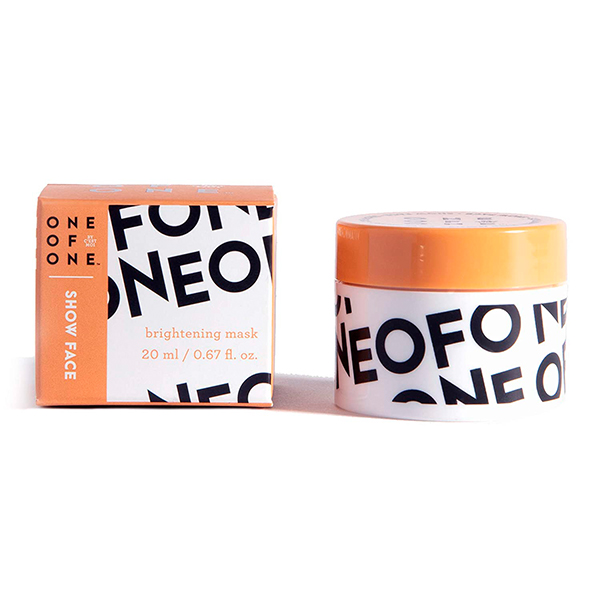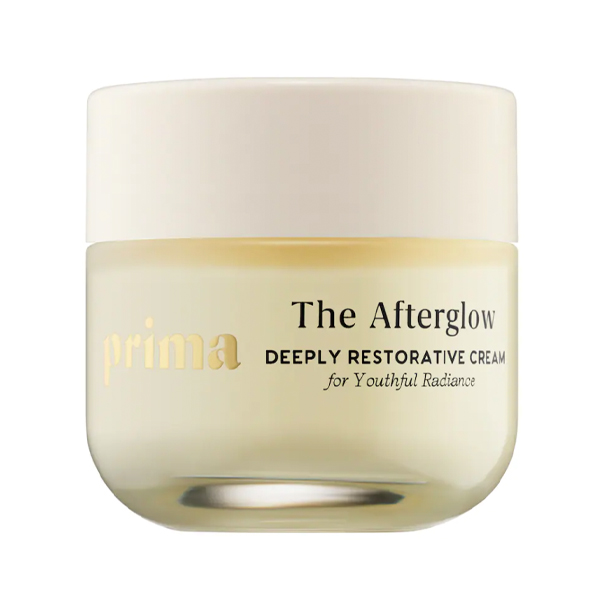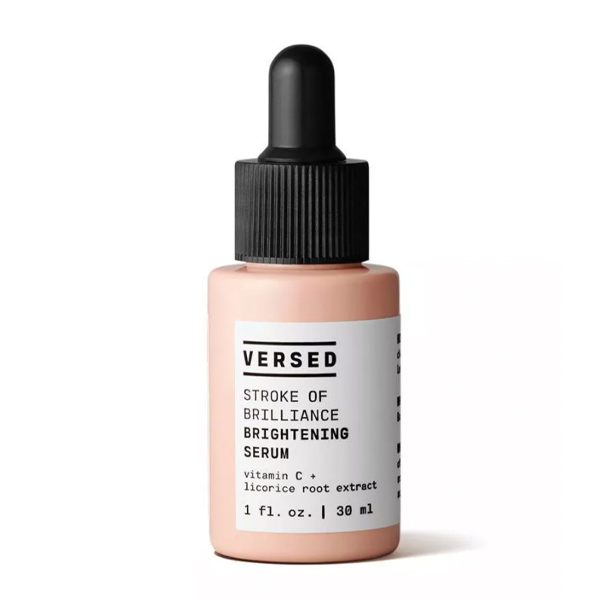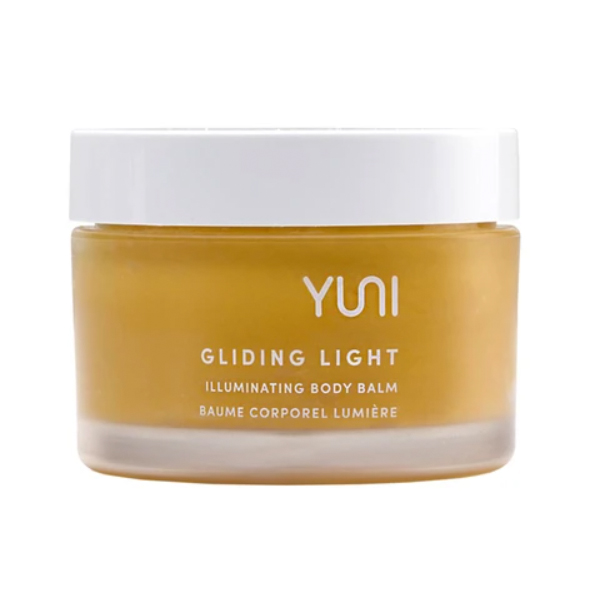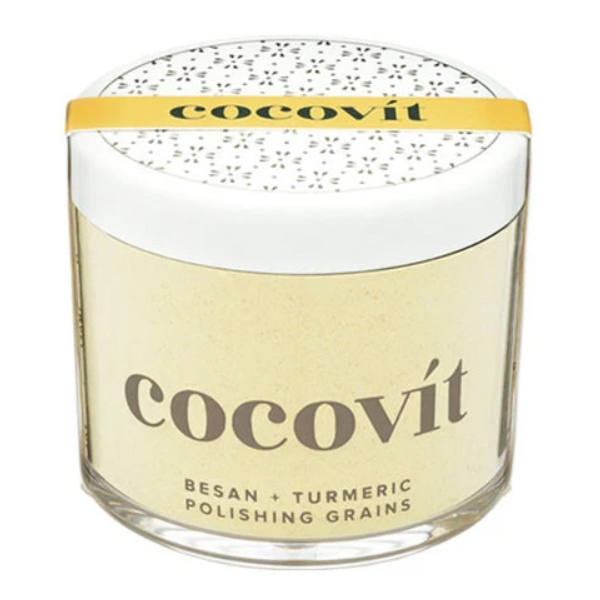What’s the deal with… Turmeric?
Ariana DiValentino
Turmeric is one member of the spice cabinet that seems to get everyone excited. Thanks to its long history of use in ayurvedic medicine, it’s been the subject of modern scientific attention as well. The stuff that makes your mustard, curries, and tofu scrambles yellow contains an active ingredient called curcumin, which is a known anti-inflammatory and continues to be studied for its possible disease-fighting capabilities. More recently, turmeric has also been hailed for its ability to improve your skin’s glow. It’s little wonder that nutritionists and natural beauty fanatics alike are fascinated by this golden yellow spice.
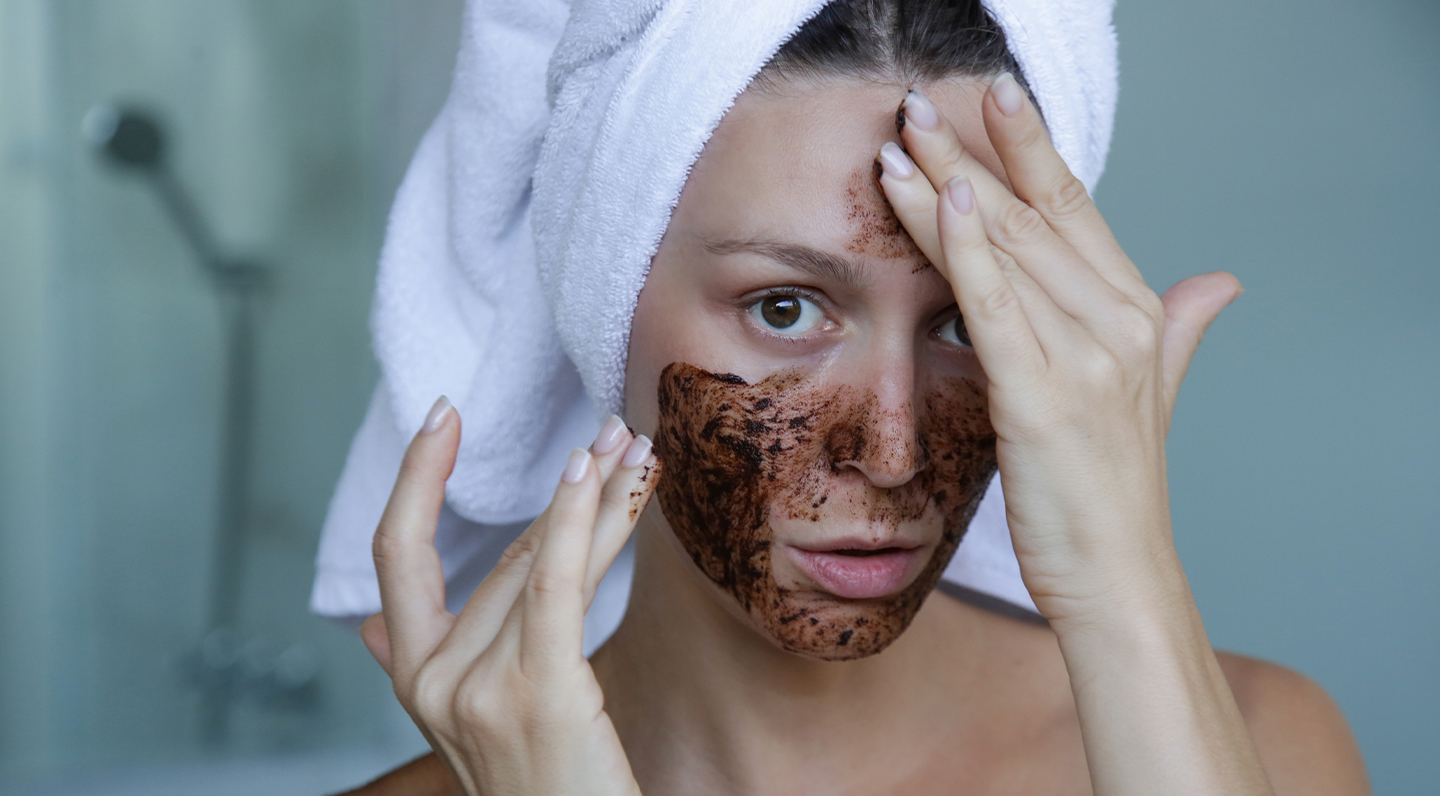

Turmeric: The Ancient-Yet-Trendy, Do-It-All Ingredient
Like with many compounds used in traditional and holistic medicine, there’s only a smattering of studies on the potential health benefits of turmeric (or more concentrated forms of curcumin) and most of them aren’t conclusive. But that said, the information we do have is certainly promising.
Several studies have found turmeric to work better than a control when it comes to treating various skin diseases, from acne to psoriasis, and the data suggests that it could be an effective, safe, and inexpensive ingredient in skin treatments (though of course, more research would be needed to prove anything with certainty).
Since turmeric’s anti-inflammatory properties are the most proven and well-known, it’s become most popular in skincare as a soothing ingredient. It’s also an antioxidant, and there’s promising evidence to suggest that it may be an effective treatment for hyperpigmentation and acne, too.
What to Know Before You Buy or Try Turmeric Skincare Products
While many of the supposed benefits turmeric is credited with don’t have much empirical backing (yet), curious clean and natural beauty enthusiasts have little to worry about. The risks to human health are few to none, and given its soothing properties, even irritation is unlikely. Of course, it’s always wise to patch test new-to-you ingredients, especially if they’re in strong formulations. Everyone’s skin behaves differently, and it’s possible that you may have an allergy you don’t know about.
If your face is craving some golden milk, you have options. If you’re a fan of DIY skin treatments, you might want to experiment with mixing together a face mask or scrub with kitchen ingredients. (We’ll be sharing some ideas in our Maed Insider newsletter later this week so be sure you’re a subscriber!) One thing to watch out for when DIYing it, however, is the possibility of staining. If you’ve cooked with turmeric, you know it’s super pigmented and can easily stain clothes and, yes, skin—particularly for those with fair complexions. Patch testing your homemade solutions on a spot like your inner forearm is a good way to suss it out before slathering any concoction on your face.
Homemade masks aren’t the only way to go, though—several skincare brands have created their own turmeric or curcumin formulations. The upside to these store-bought products is that they can utilize much more concentrated, and thus effective, forms of the plant or its active ingredient. While shopping, look for ingredient panels that list tetrahydrodiferuloylmethane (whew!), tetrahydrocurcumin diacetate, or Curcuma longa root extract; skip products that contain turmeric essential oil. According to Skincare Decoded skincare chemists Victoria Lu and Gloria Fu, the isolated forms of turmeric pack in more punch with a lower risk of irritation (and, of course, staining).
Here are some exciting turmeric or turmeric-derivative skincare products you can try. And remember, stay golden.




